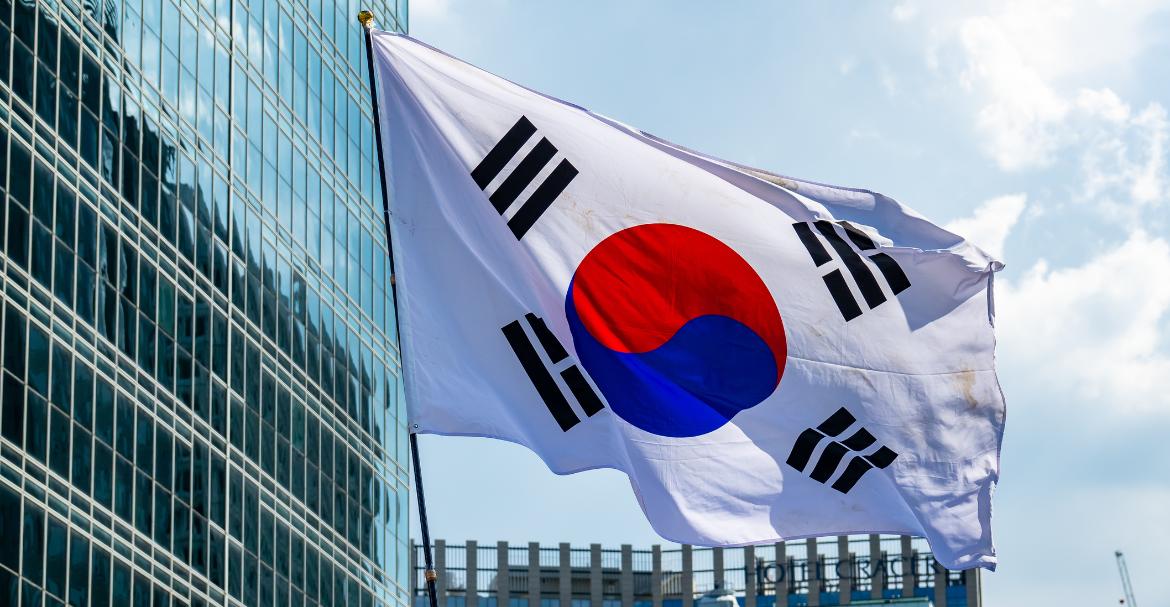South Korea to work on regulatory clarity on digital assets

It is very well known that South Korea happens to be a country that has witnessed exponential growth in terms of technological advancement, as well as innovations. From the likes of semiconductors right down to smartphones and blockchain and digital assets, that country happens to be moving ahead at an absolute gallop. Its market dynamics have seen a growth pattern that has reached $45.9 billion in terms of digital assets.
This was at the fag end of the year 2021. Subsequently, there was also a tremendous amount of increase in the number of active users, reaching the figure of 6.9 million. This was also in the first half of the year 2022.
Considering all of these encouraging signs, it has become the need of the hour for there to be much more regularity and clarity in the case of dealing with digital assets. This will help to bring about further, and much-required consumer protection acts, as well as fulfilling management needs.
The official regulators and policymakers need to put on their thinking caps and get right down to the matter at hand. On this front, the South Korean Parliament passed an amendment to the Act on the Reporting and Use of Specific Financial Transaction Information, which was established in the year 2021. However, on the ground, this never worked out to be very effective.
Recently, a white paper was introduced by Ripple, who spoke about the requirement for regulatory modifications, backing innovations related to digital assets in the country. It made an observation regarding the proper comprehension of the ever-changing blockchain, as well as the digital assets scenario, and dealt with the policy framework accordingly.
For this, the requirement is to inculcate a clear taxonomy for digital assets and which should be in tandem with global methods. The difference needs to be spelled out between payment tokens, utility tokens, and security tokens.
Of late, guidelines have been published by the country’s Financial Services Commission (FSC) and speak of defining digital assets which should be accepted as security tokens (STOs). This will then come under regulations meant for financial securities.
This is also if their characteristics fall under the Financial Investment Services and Capital Market Act. The digital assets that are not STOs, like the payment tokens, will be coming under the upcoming Digital Asset Basic Act, which is under consideration by the South Korean National Assembly. Other than token taxonomy, there are also the Non-Fungible Tokens (NFTs), along with stablecoins, that also require regulations.
In South Korea, the esports arena happens to be peaking, along with Korean pop culture. These are the factors for the ever-growing adoption of NFTs. The South Korean President, Yoon Suk-yeol, for his presidential campaign, had indulged in the issuing of NFTs.
There is an expectation for the NFT revenue to be increasing by 19% every year. In the present scenario, there seem to be no regulations for NFTs, as they are not viewed as virtual assets. On the whole, however, it happens to be encouraging to see South Korea moving towards making effective improvements in virtual asset management.



